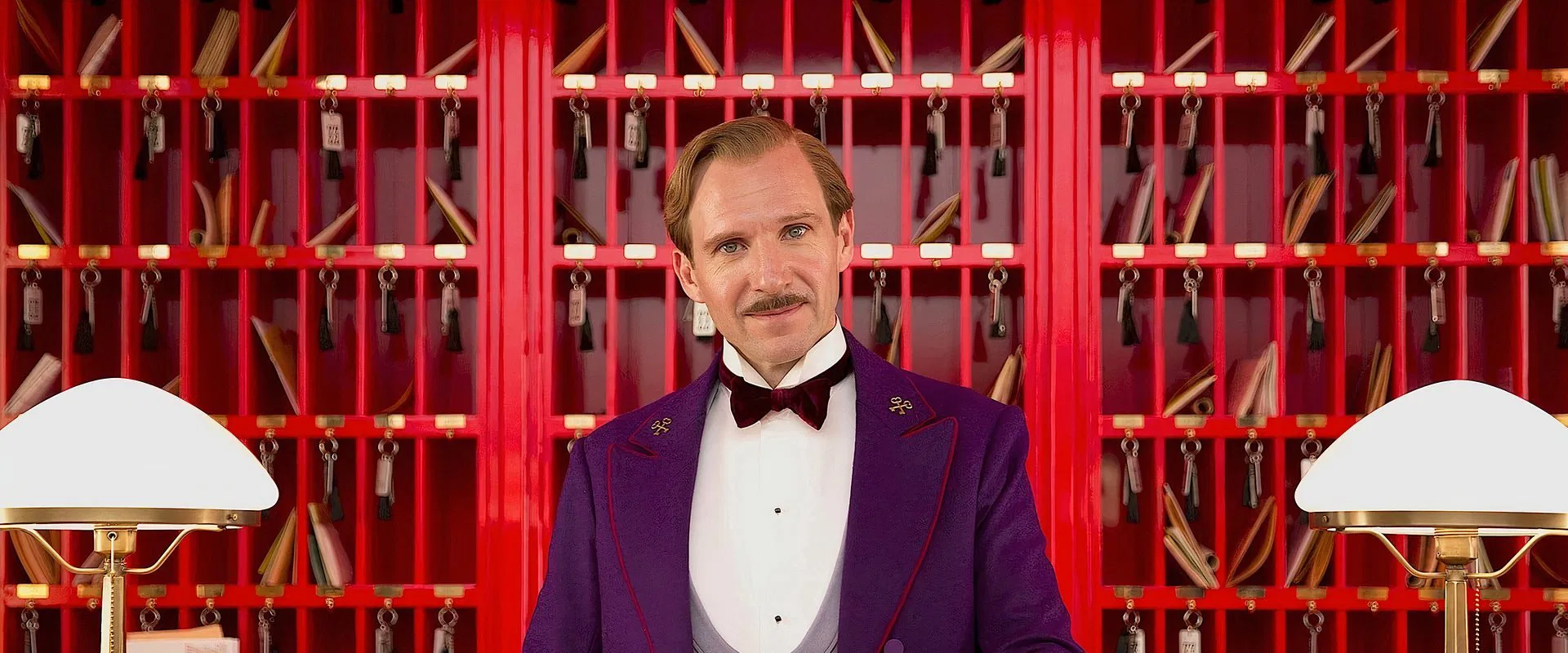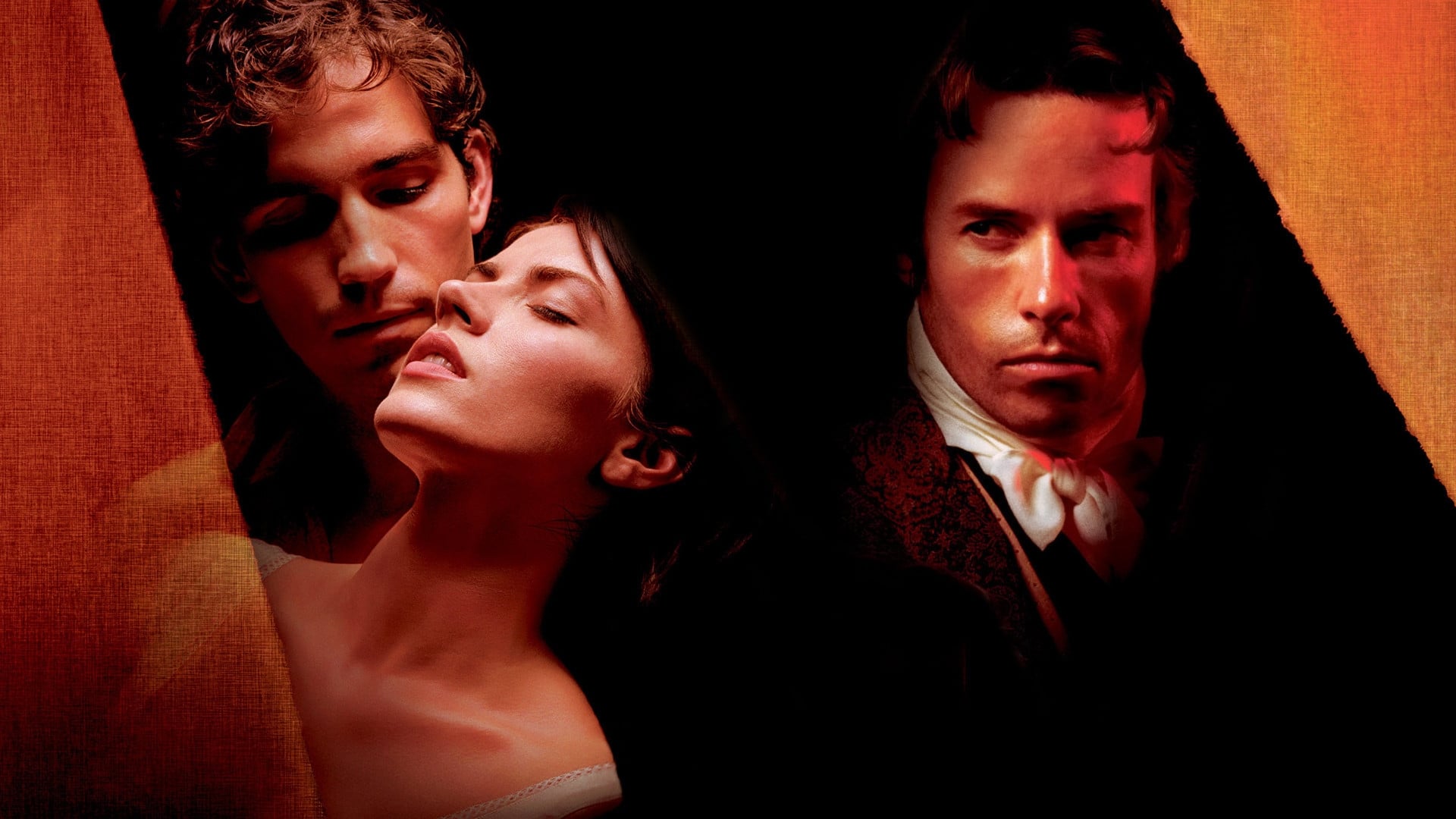Wes Anderson’s The Grand Budapest Hotel is that rare confection—delicate in the details, unashamedly artificial, and yet so lovingly precise that each shot seems to have been placed by a court jeweler. Watching it, I found myself seduced, not by plot in the traditional sense, but by the madcap energy of images that kept assembling themselves before my eyes like intricate pastries in a display window. Every frame could hang comfortably—if not always respectfully—beside the garish masterworks of the fictional Zubrowkan aristocracy. To call Anderson’s style a signature is almost too tame; the man works in flourishes, borders, and uproarious symmetry, composing each sequence as if it’s to be beamed through time, immune to the half-life decay of fashion. I can say, with a degree of confidence seldom afforded to contemporary cinema, that The Grand Budapest Hotel will look as good—and taste as odd—in a century as it does today.
Anderson has always been cinematic’s chief eccentric, the child at the grown-ups’ table who insists on rearranging the silverware. Here he gives us an Eastern Europe of the mind, with references so heavily sugared that even madness takes on a kind of pastel cheer—never more so than in his handling of war, class, and the slow-motion collapse of empire. What could be an exercise in nostalgia is instead something far trickier: a glancing meditation on how memory, shaped and reshaped, becomes its own work of art. The hotel itself, with its tiers and portals and haunted colors, is a nesting doll of story, with layers that open onto Zero’s personal recollections—a memory of a better world, which was itself only ever a memory to begin with.
From a lesser hand such convolution would feel smug—Anderson courts complexity, and is uniquely able to keep its chaos bounding, like an escaped cat, from act to act. It is, flagrantly, a “movie-movie,” whose very plot is a whirligig of forgeries and forays, murder and inheritance, with so many names and crisscrossed fates that to track them is a kind of sport. But this is a lark with backbone—the jokes, pitched somewhere between dry wit and physical comedy, are delivered in such straight-faced counterpoint to the occasionally grotesque proceedings that I found myself laughing at both the cleverness and the irreverence. The humor is, at heart, the movie’s secret weapon: silly bordering on slapstick, always undercut with a certain melancholy, until banality and beauty are indistinguishable. That Anderson gets us to care—laugh, ache, and root for his perfumed fantasists—testifies to his sly understanding of emotion as a fragile, fickle thing.
Ralph Fiennes is a revelation as Monsieur Gustave H.—here, at last, is a performance so exquisitely mannered that it punctures its own pomposity. Gustave is not merely a concierge; he is the emperor of lost time, delivering ribald limericks with Shakespearean flourish and running his fiefdom with the kind of obsessive propriety one might expect from an exiled Habsburg. The sublime chemistry between Fiennes and Tony Revolori (as the stoic, ever-watching Zero) gives the film its quietly beating heart. Together, they are a two-man comic ballet, stepping through a demolished Europe with shoes polished and spirits undimmed.
Of course, Anderson turns out a gallery of rogues and innocents. Adrien Brody scowls magnificently as the villainous Dmitri; Willem Dafoe, that blessed ghoul, glides through murder in leather and brass knuckles. (Has a single brass knuckle ever been so graceful? Dafoe stalks the frame, less as a man than as a bad memory incarnate.) There’s a regal farce in the parade of supporting players: Tilda Swinton plays the death-mask dowager Madame D., while the likes of Bill Murray and Jeff Goldblum breeze in with Anderson’s customary air of repertory delight.
The film’s setpiece—the theft of “Boy with Apple,” that fictive Renaissance masterpiece—is comic opera pushed into the absurd. When Anderson swaps it for the painting of a “two women embracing in wild, rococo abandon”—nude flesh rendered in the most matter-of-fact vulgarity—I was reminded how often bad taste is twin to genius. It’s an image so laughably crass that, yes, I suspect anyone half-mad would want to hang it in the living room; Anderson’s aesthetic is at its best when it purposely collides high art with low impulse.
Beneath the parade and patina, Anderson is working at something serious. The Grand Budapest Hotel is a story about nostalgia, but it refuses easy sentiment. The war—never cleanly named, always advancing at the edge of frame—presses in, erasing warmth with casual brutality. Anderson refuses to embrace tragedy outright, filtering loss through Zero’s earnest perspective. The trick of memory, we realize, is to remember beauty, even if it was only beautiful in retelling. Anderson pulls from Zweig’s lost Europe, but never lets us forget that every utopia, no matter how meticulously constructed, is always on borrowed time.
It is supremely artful—yes—but never bloodless. Like Gustave’s recitation of the rules of lobby boys, Anderson’s precision is a way of keeping chaos at bay. He has filled the movie with secret worlds: pastries, train compartments, perfume bottles, secret societies. All are repositories for meaning and loss, symbols of order in a world that seems, always, just one step from catastrophe. Alexandre Desplat’s tinkling score, all balalaikas and melancholy waltzes, traces the film’s emotional pendulum between farce and ache.
And so, I left The Grand Budapest Hotel with the stubborn feeling that I’d seen something rare: artifice so lovingly constructed that it transmuted into truth. Anderson wants us to feel what Zero feels: the aching, foolish hope that the world can be preserved, if only in story. In cinema—a form obsessed equally with time and its passing—this is as potent a wish as we’re likely to get.
What is nostalgia, after all, but the most beautifully fabricated of lies? Anderson’s confection is delicious, silly, melancholy, and quite possibly immortal—a memory palace built to last, even as the world outside goes to ruin.


